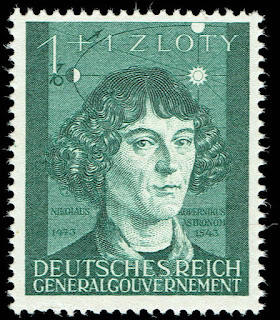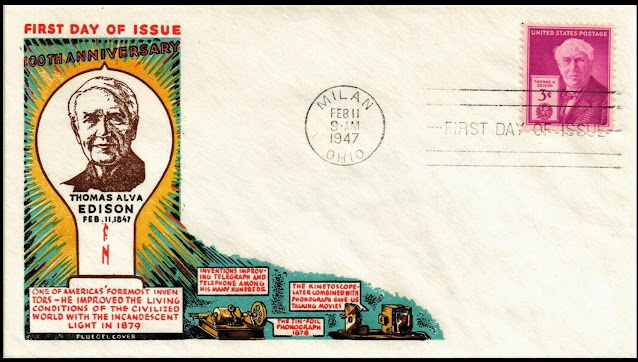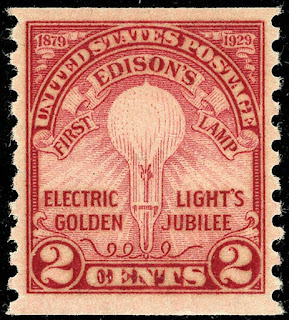Here are some events that happened on February 19th. It could be an event or a person that died or was born on that day
1473 Born: Nicolaus Copernicus, Polish mathematician and astronomer (d. 1543)
Nicolaus Copernicus (19 February 1473 – 24 May 1543) was a Renaissance-era mathematician, astronomer, and Catholic canon who formulated a model of the universe that placed the Sun rather than Earth at the center of the universe. In all likelihood, Copernicus developed his model independently of Aristarchus of Samos, an ancient Greek astronomer who had formulated such a model some eighteen centuries earlier.
The publication of Copernicus' model in his book De revolutionibus orbium coelestium (On the Revolutions of the Celestial Spheres), just before his death in 1543, was a major event in the history of science, triggering the Copernican Revolution and making a pioneering contribution to the Scientific Revolution.
Copernicus was born and died in Royal Prussia, a region that had been part of the Kingdom of Poland since 1466. A polyglot and polymath, he obtained a doctorate in canon law and was a mathematician, astronomer, physician, classics scholar, translator, governor, diplomat, and economist. In 1517 he derived a quantity theory of money—a key concept in economics—and in 1519 he formulated an economic principle that later came to be called Gresham's law.
Stamps from Poland and General Gouvernement (occupied Poland) depicting Copernicus
Élie Ducommun (19 February 1833, Geneva – 7 December 1906, Bern) was a Swiss peace activist. He was a Nobel laureate, awarded the 1902 Nobel Peace Prize, which he shared with Charles Albert Gobat.
Born in Geneva, he worked as a tutor, language teacher, journalist and a translator for the Swiss federal Chancellery (1869–1873).
In 1867 he helped to found the Ligue de la paix et de la liberté (League of Peace and Freedom), though he continued working at other positions, including secretary for the Jura-Simplon Steel Company from 1873 to 1891. That year, he was appointed director of the newly formed Bureau international de la paix (International Peace Office), the first non-governmental international peace organization, based in Bern. He refused to accept a salary for the position, stating that he wished to serve in this capacity solely for reasons of idealism.
His keen organizational skills ensured the group's success. He was awarded in the Nobel Peace Prize in 1902, and served as director of the organization until his death in 1906.
Stamp issued by Guinea Bissau depicting Élie Ducommun
1859 Born: Svante Arrhenius, Swedish physicist and chemist, Nobel Prize laureate (d. 1927)
1878 – Thomas Edison patents the phonograph.
Edison was raised in the American Midwest; early in his career he worked as a telegraph operator, which inspired some of his earliest inventions. In 1876, he established his first laboratory facility in Menlo Park, New Jersey, where many of his early inventions were developed. He later established a botanic laboratory in Fort Myers, Florida in collaboration with businessmen Henry Ford and Harvey S. Firestone, and a laboratory in West Orange, New Jersey that featured the world's first film studio, the Black Maria. He was a prolific inventor, holding 1,093 US patents in his name, as well as patents in other countries. Edison married twice and fathered six children. He died in 1931 of complications of diabetes.
US and Hungarian stamp featuring Edison and or his inventions
1887 Died: Multatuli, Dutch-German author and civil servant (b. 1820)
Eduard Douwes Dekker (2 March 1820 – 19 February 1887), better known by his pen name Multatuli (from Latin multa tulī, "I have suffered much"), was a Dutch writer best known for his satirical novel Max Havelaar (1860), which denounced the abuses of colonialism in the Dutch East Indies (today's Indonesia). He is considered one of the Netherlands' greatest authors.
Determined to expose the scandals he had witnessed during his years in the Dutch East Indies, Douwes Dekker began to write newspaper articles and pamphlets. Little notice was taken of these early publications until, in 1860, he published his satirical anticolonialist novel Max Havelaar: The Coffee Auctions of the Dutch Trading Company under the pseudonym Multatuli. Douwes Dekker's pen name is derived from the Latin phrase multa tuli, meaning "I have suffered much" (or more literally: "I have borne much"). It refers both to himself and to the victims of the injustices he saw.
Douwes Dekker was one of Sigmund Freud's favorite writers; his name heads a list of 'ten good books' that Freud drew up in 1907. Several other writers from different generations were appreciative of Multatuli, like Marx, Anatole France, Hermann Hesse, Willem Elsschot, Thomas and Heinrich Mann, and most of the first-wave feminists.
In June 2002, the Dutch Maatschappij der Nederlandse Letterkunde (Society of Dutch Literature) proclaimed Multatuli the most important Dutch writer of all time.
The annual Multatuli Prize, a Dutch literary prize, is named in his honor. The literary award Woutertje Pieterse Prijs is named after the character Woutertje Pieterse in Multatuli's De geschiedenis van Woutertje Pieterse.
The Mutatuli Museum is located in Amsterdam at Korsjespoortsteeg 20, where Eduard Douwes Dekker was born.
Stamp issued in the Netherlands depicting Multatuli











No comments:
Post a Comment